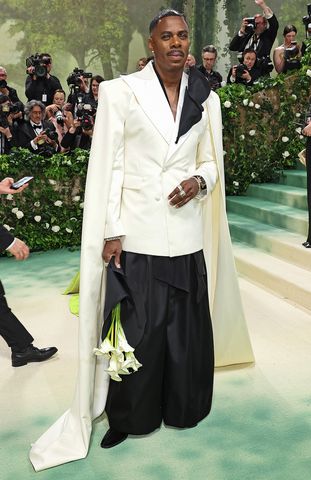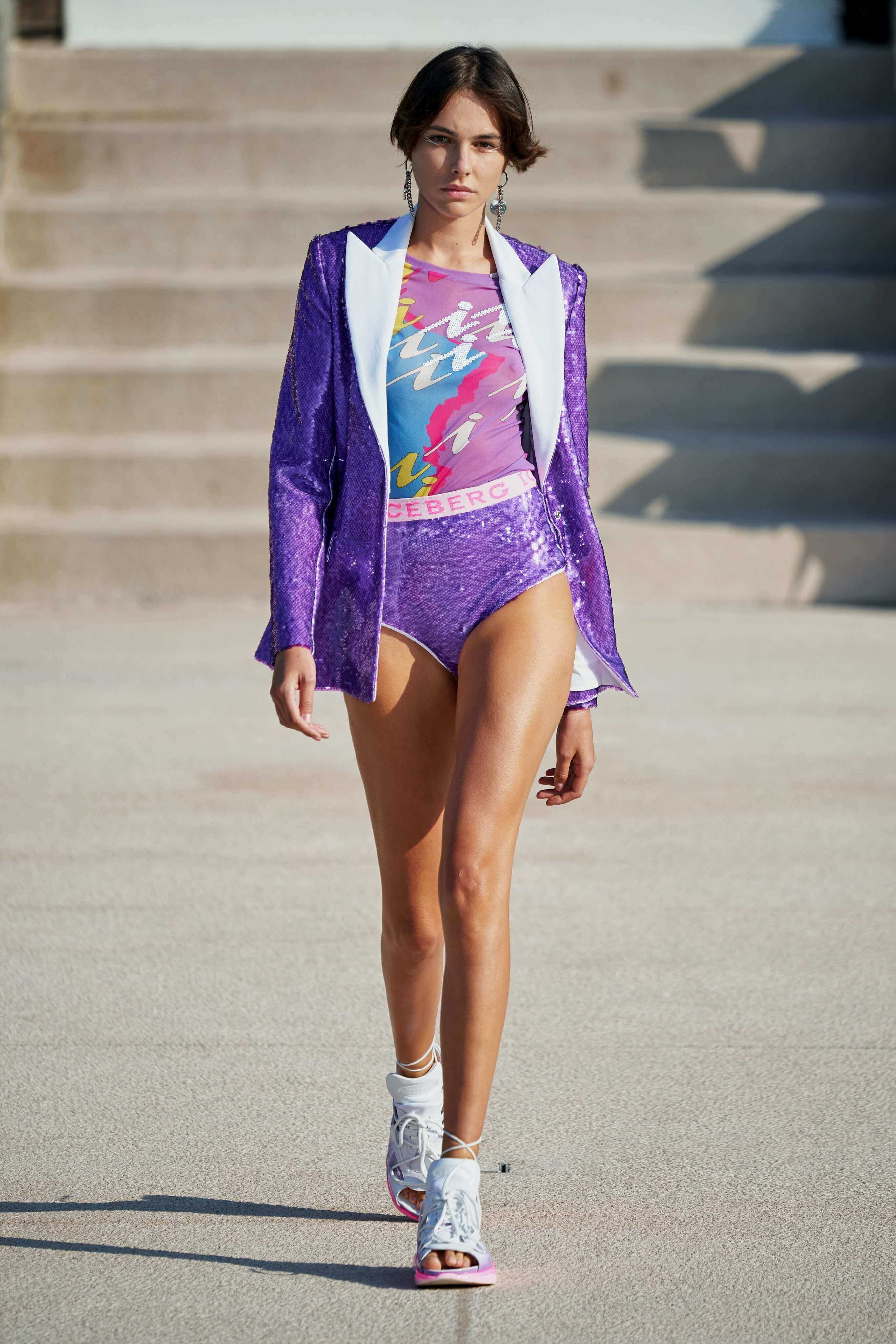Bill Maher Slams Nike's Super Bowl 2025 Ad: A "Zombie Lie" About The Patriarchy?

Table of Contents
Maher's Criticism: Deconstructing the Alleged "Zombie Lie"
The Nature of Maher's Critique:
Maher's specific objections to the (hypothetical) Nike Super Bowl 2025 ad remain largely unknown, as the ad itself is fictional. However, based on his past commentary, we can speculate on the nature of his critique. We can imagine his objections centering on the potential for:
- Overly simplistic messaging: Maher might criticize the ad for presenting a reductive view of the patriarchy, neglecting nuances and complexities.
- Performative activism: He could argue the ad is more about appearing woke than enacting genuine change, a common target of his criticism.
- Lack of nuance in addressing gender roles: He might object to any messaging that portrays men or women in stereotypical roles, or oversimplifies gender dynamics.
- Hypocrisy regarding Nike's business practices: He may have targeted Nike's labor practices or other aspects of their operations as contradictory to the ad's message.
The "Zombie Lie" Metaphor:
Maher’s striking use of the term "zombie lie" is crucial to understanding his perspective. This metaphor suggests:
- Persistence: The message, even if untrue or misleading, is relentlessly repeated and difficult to eradicate.
- Deception: The ad's message is presented as truth, despite being fundamentally flawed or manipulative.
- Undead nature: The lie continues to propagate and influence despite being debunked or challenged.
The rhetorical effect of this powerful metaphor is to highlight Maher’s belief that the ad's message is not only false but deeply ingrained and resistant to refutation.
Maher's Perspective on Gender Roles and the Patriarchy:
Maher's views on gender roles and the patriarchy are complex and often controversial. He is known for his critiques of what he sees as excesses in feminist discourse. This informs his potential criticism of the Nike ad by:
- Skepticism towards corporate social justice initiatives: He may view such initiatives as cynical marketing ploys rather than genuine commitments to social change.
- Emphasis on individual responsibility: His critique might focus on the limitations of addressing systemic issues through advertising campaigns.
- Focus on potential unintended consequences: He might highlight the potential for such ads to backfire or create further division.
Analyzing Nike's (Hypothetical) Super Bowl Ad and its Messaging
The Potential Message of the Ad:
Given Nike's past advertising strategies and current socio-political climate, a hypothetical ad drawing Maher's ire might:
- Feature strong female athletes challenging traditional gender roles.
- Focus on empowering women and girls through sports.
- Use strong imagery and slogans promoting gender equality.
These elements, while potentially positive, could be framed by Maher as overly simplistic or manipulative.
The Public's Reaction:
A Super Bowl commercial addressing the patriarchy would likely elicit a polarized response.
- Positive reactions: Many would applaud Nike for tackling a significant social issue, seeing it as a brave and timely message.
- Negative reactions: Others might view the ad as preachy, virtue-signaling, or even offensive, especially from those who disagree with Maher's perspective.
- Neutral reactions: A significant portion might remain indifferent or unaffected.
The Impact on Nike's Brand Image:
The controversy surrounding the ad could significantly impact Nike’s brand image and sales.
- Potential for increased sales: The ad could generate positive media attention and increased sales from those who support its message.
- Potential for boycotts: A significant backlash could lead to boycotts and a decrease in sales among those who oppose the ad’s message.
- Damage to brand reputation: The controversy could tarnish Nike's brand image, leading to reputational damage.
Conclusion: The Lasting Impact of Maher's Words and the Future of Socially Conscious Advertising
Maher's critique, even of a hypothetical Nike ad, highlights the ongoing tension between corporate social responsibility and the potential for backlash. The hypothetical Super Bowl commercial underscores the difficulties faced by companies attempting to engage in socially conscious advertising. The potential for both positive and negative reactions, along with the potential impact on brand image, underlines the risks involved in taking a stance on sensitive social issues.
The debate sparked by Maher’s words—and the hypothetical Nike Super Bowl ad—continues the crucial conversation on the role of corporations in shaping societal narratives. It challenges us to consider the power of advertising, the complexities of portraying social issues, and the importance of thoughtful, nuanced messaging in today's polarized climate. We encourage you to share your thoughts on Bill Maher's critique of Nike's Super Bowl ads, and engage in further discussions surrounding Nike’s Super Bowl advertising strategy and the ongoing conversation around socially conscious advertising.

Featured Posts
-
 Sabrina Carpenter Microphone Leak Fuels Fortnite Festival Speculation
May 06, 2025
Sabrina Carpenter Microphone Leak Fuels Fortnite Festival Speculation
May 06, 2025 -
 Colman Domingo Co Chairing The Met Gala Fashion And Relationships Podcast Discussion
May 06, 2025
Colman Domingo Co Chairing The Met Gala Fashion And Relationships Podcast Discussion
May 06, 2025 -
 Fashion News Today Top Styles And Updates From The Runway
May 06, 2025
Fashion News Today Top Styles And Updates From The Runway
May 06, 2025 -
 Kevin Costners Alleged Pursuit Of Demi Moore Fact Or Fiction
May 06, 2025
Kevin Costners Alleged Pursuit Of Demi Moore Fact Or Fiction
May 06, 2025 -
 Selena Gomez Dan Miley Cyrus Perseteruan Berakhir Kencan Ganda Terungkap
May 06, 2025
Selena Gomez Dan Miley Cyrus Perseteruan Berakhir Kencan Ganda Terungkap
May 06, 2025
